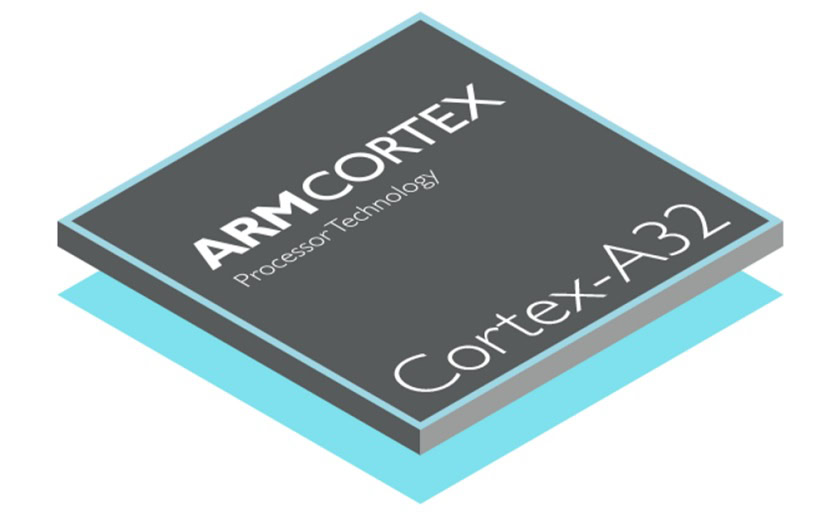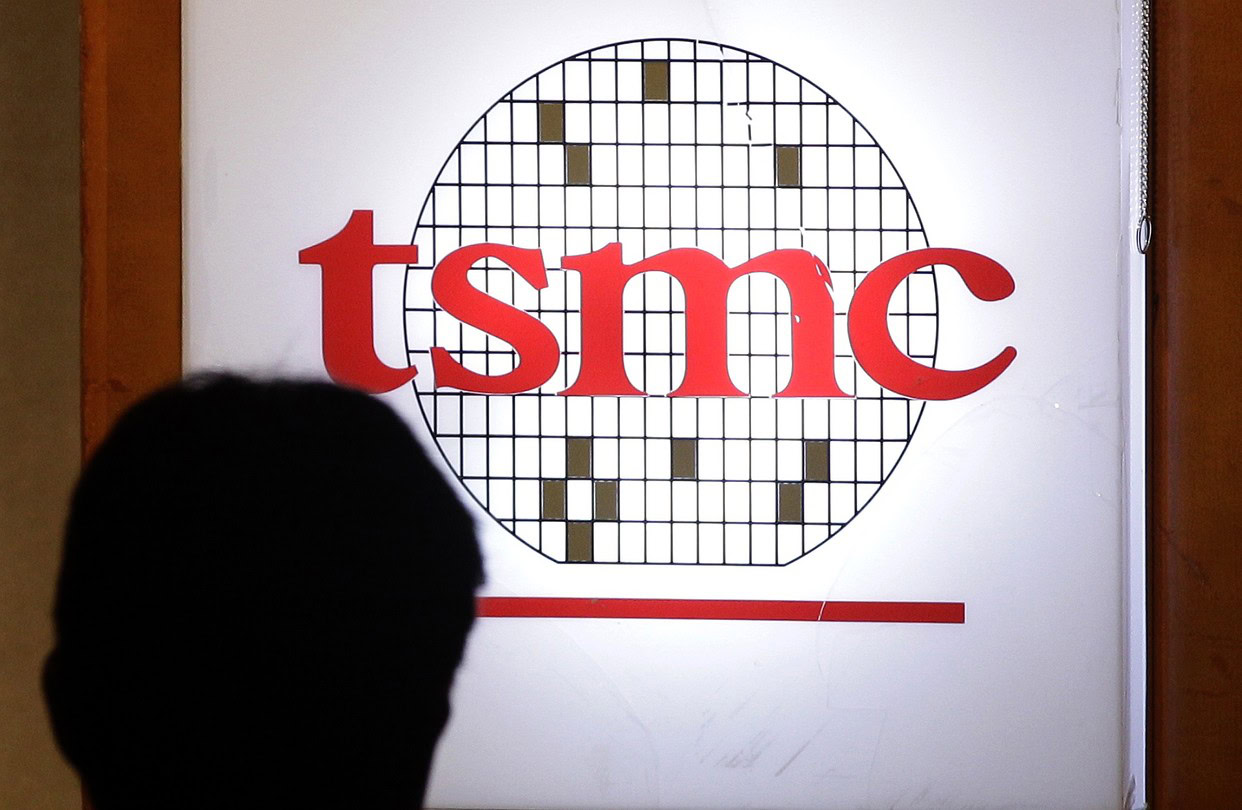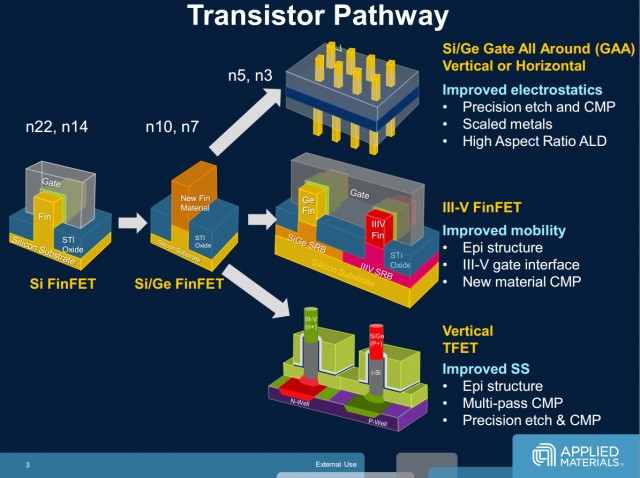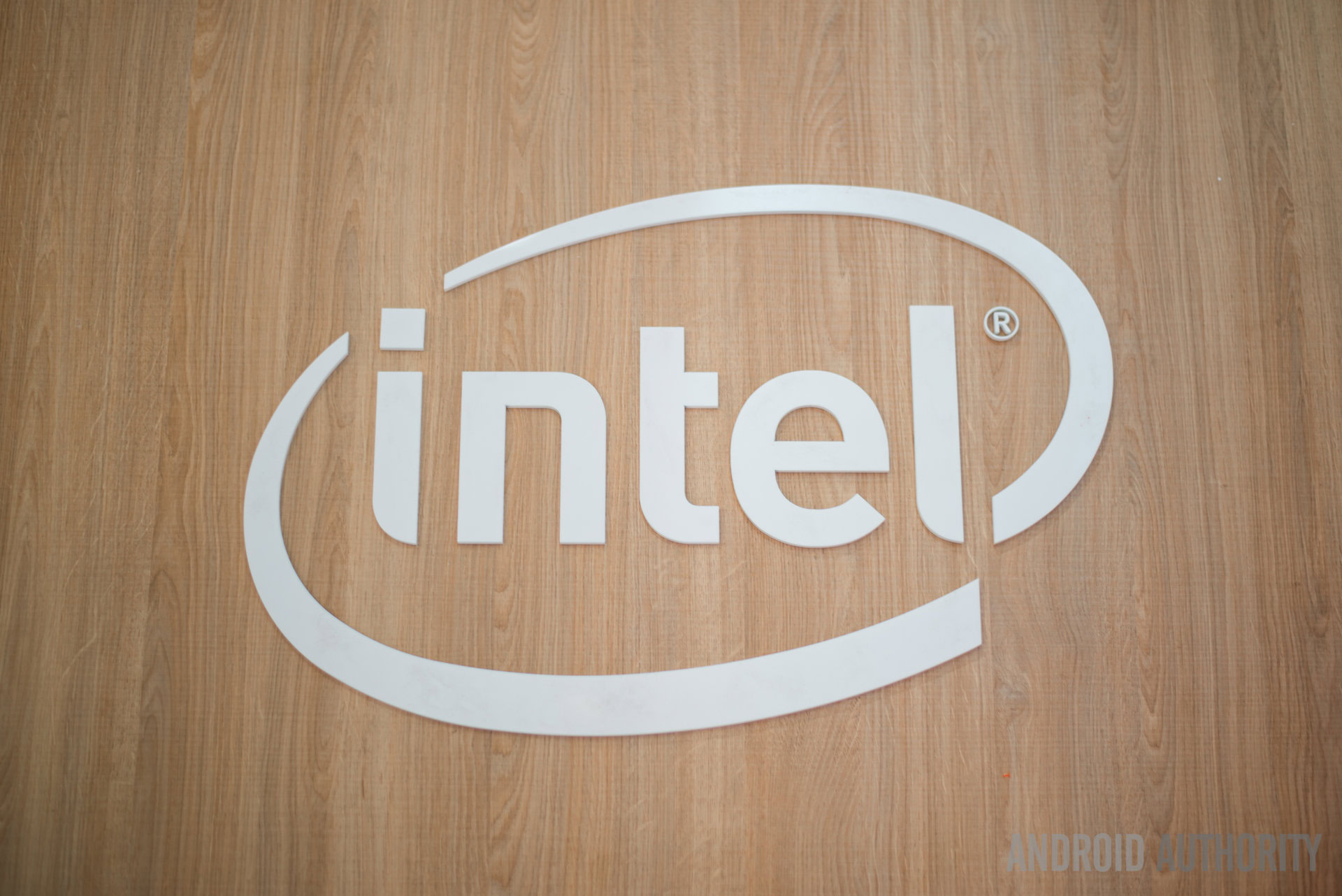Affiliate links on Android Authority may earn us a commission. Learn more.
Who will be the first manufacturer to 7nm?

Last week, Samsung began making noise about its future generation 7nm manufacturing technology that is expected to arrive in the coming years. Currently, Samsung and its main rival TSMC are manufacturing 14nm and 16nm processors for smartphones, with Qualcomm’s Snapdragon 835 and Samsung’s Exynos 8895 being the first to make use of Samsung’s latest 10nm FinFET node.
New advancements in sub-10nm manufacturing will eventually lead to even more power efficient processors, and therefore better battery life and performance for our smartphones. However, Samsung’s semiconductor rivals are also looking to be the first to reach this next major milestone, so let’s see who’s likely to be first..

Samsung
To recap the company’s announcements, Samsung has invested significant capital into boosting the production capacities of its 7nm manufacturing line, in order to accommodate anticipated semiconductor production in the future. This investment expected to bear fruit in early 2019, meaning at least a couple of year’s to wait until Samsung’s 7nm capabilities are up and running.
Samsung’s 7nm chip production capacity is expected to increase throughout 2018, but we probably won’t see any mobile processors until 2019.
Samsung is already trialling its 7nm process, but has so far only demonstrated its technology to repair rather than construct SRAM modules. This suggests that product rollouts are further away than the company’s recent announcements suggest.
Interestingly, the company appears to be working on several next-generation process nodes, having recently stated that “8nm and the 6nm will inherit all innovations from the latest 10nm and the 7nm technologies”. Samsung says that technical details for these 8nm and the 6nm nodes will be showcased to customers at a dedicated U.S Samsung Foundry Forum that is starting on May 24, so we’ll know more about the company’s plans in a couple of month’s time.
Samsung’s 7nm chip production capacity is expected to increase throughout 2018, but we probably won’t see any mobile processors until 2019. In the meantime, the company is planning to ramp up production of its advanced 10nm LPP and LPU models over 2017 and 2018.

TSMC
TSMC appears to be much more aggressive in its pursuit of 7nm than Samsung. The foundry’s roadmap currently points to a mid 2018 commercial availability for 7nm processors, after the company is expected to start limited risk production in the coming months. Interestingly, TSMC is not pursuing EUV technology for its 7nm line and is sticking with 193nm immersion lithography tools. The company plans to use EUV for its 5nm chips instead, which could even be ready before the end of 2019.
Unlike Samsung, TSMC is not pursuing EUV technology for its 7nm line and is sticking with 193nm immersion lithography tools instead.
Importantly, ARM has been collaborating with TSMC to help scale its processor designs to 7nm FinFET. This partnership will help mobile SoC developers expedite the development of their products to take quick advantage of TSMC’s upcoming production lines. Cadence Design Systems, a company that offers development tools for SoC designers, has also announced certification for compatibility with TSMC’s 7nm FinFET process after some close collaboration. This also means that more tools are available for developers to start designing processors that can be built using TSMC’s platform.

TSMC has already showcased a 7nm SRAM chip, a key milestone on the road to more complicated SoC circuits, and states that it is seeing “healthy” yields from its process. The company has also recently been reportedly testing a 7nm, 12 CPU core processor developed in conjunction with MediaTek.
Small volume risk production of a more advanced 7nm+ process is expected to appear by June 2018. This suggests that TSMC is quite far ahead of Samsung, which could lead to the company securing a number of contracts from its mobile chip rival. Apple already moved over to TSMC last year, and Qualcomm may being eying up space on the foundry’s 7nm line if Samsung’s technology remains a year behind.

GlobalFoundries
GlobalFounderies hasn’t featured in the mobile SoC market in the past few generations but may make a comeback with the arrival of 7nm. The company close to forgo 10nm production, but is still keeping up with the competition when it comes to the next major silicon manufacturing milestone.
At the last update, the foundry is looking towards the second half of 2018 as its launch window for its first commercial 7nm products. GlobalFounderies is expected to finalize its production facilities in the second half of 2017. The foundry has already begun producing test wafers at its Fab 8 in Malta, New York.
Like TSMC, the company is currently using the existing 193nm wavelength technology, but is looking to incorporate EUV tools into its production flow further down the line. This likely means that GlobalFoundies’ EUV technology won’t be available until sometime in 2019 at the earliest, which is when we’re likely to see Samsung enter the 7nm market with the same technology.

Intel
Intel has historically been one of the leaders in the processor fabrication business and last year made moves to start producing 10nm chips for the mobile market. Intel Custom Foundry partnered with ARM to announce two Cortex-A based POP IP chips back in August. LG is also a relatively new Intel customer listing and one that is rumored to be launching its own mobile SoC manufactured by the company, so Intel is certainly worth watching. So far, Intel hasn’t unveiled the technology it will be using for its next-generation 7nm process, but the suspicion is that it will be following Samsung and GlobalFoundries down the EUV route.

Currently, Intel is said to be upgrading its Fab 42 manufacturing plant in Arizona to start building these chips, which could cost the company around $7 billion. However, the refitting could take three, possibly four years, meaning that mass volume production is still likely some way away. Therefore, the earliest that Intel will begin pushing its first 7nm products off the line is likely to be sometime in H2 2019.
The company has been later than its competitors with 10nm and Intel is looking increasingly behind the curve in the pursuit of 7nm too. It’s production line is not expected to start rolling off volume production until later in 2020.

H2 2018 is the date
Although companies are already talking up their next generation processing nodes, 10nm has only just arrived and we should be plenty content and even exciting about products heading our way that make the most of this new technology. 7nm development is underway, but we are still just over a year away from the earliest commercial launch estimate from TSMC and GlobalFoundries, and that’s if everything goes according to plan between now and then.
For smartphone SoCs, this likely means that we won’t see many major, if any, 7nm platforms launch until early 2019, as this is when most companies choose to launch their latest high-end smartphone and typically follows new flagship chip announcements from Qualcomm. We are likely to see 10nm FinFET and subsequent revisions be the process of choice for mobile SoCs throughout 2017 and 2018.